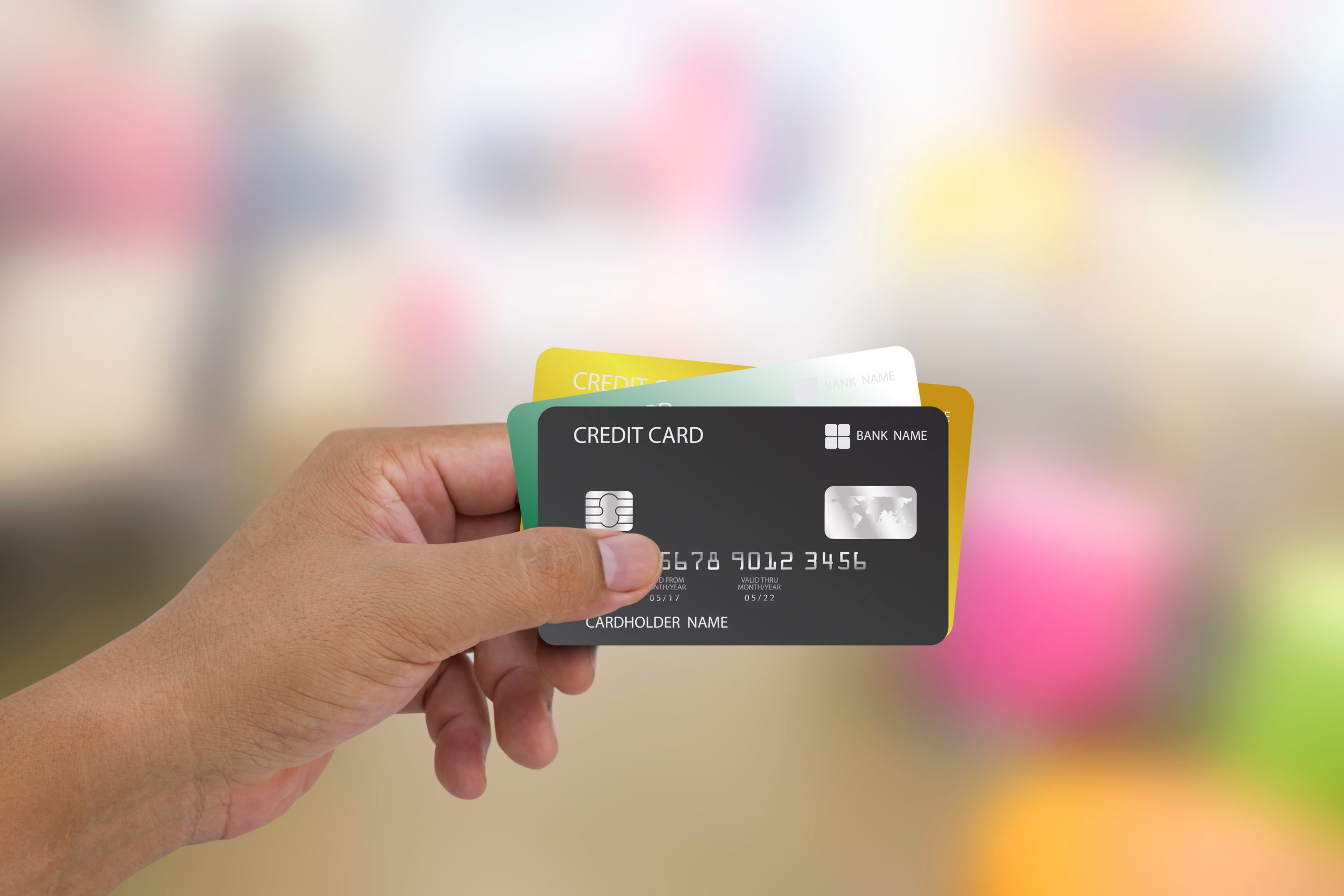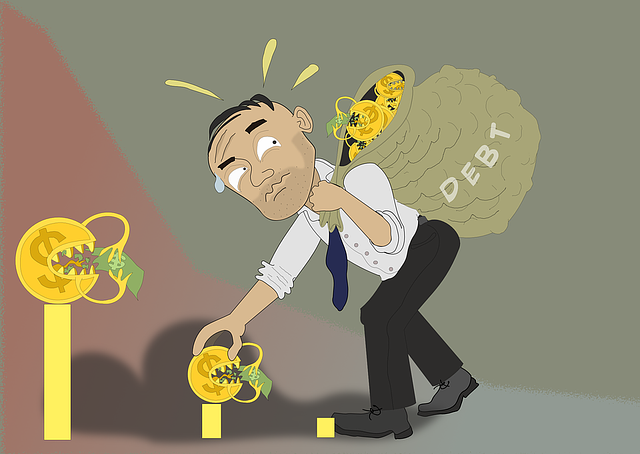
Image Source: pexels.com
If you’ve ever shopped online and seen the option to “buy now, pay later” with Affirm, you’re not alone. These flexible payment plans have exploded in popularity, making it easier than ever to split up big purchases. But recently, Affirm announced a major policy change that could have a real impact on your credit score and financial future. Whether you’re a seasoned Affirm user or just considering your first purchase, understanding how this new policy works is crucial. After all, your credit score isn’t just a number—it can affect everything from loan approvals to apartment rentals. Let’s break down what’s changing, why it matters, and how you can protect your credit in this new landscape.
1. Affirm’s New Policy: What’s Actually Changing?
Affirm’s new policy centers around how it reports your payment activity to the major credit bureaus. Previously, not all Affirm loans were reported, especially the shorter-term, interest-free ones. Now, Affirm will report more of its loans, including some of those smaller, short-term plans, to credit bureaus like Experian and TransUnion. This means your payment behavior with Affirm will show up on your credit report more often than before. For many, this is a big shift, as it brings “buy now, pay later” (BNPL) activity into the same spotlight as credit cards and traditional loans.
2. Your Credit Score Could Rise—Or Fall
With Affirm’s new policy, your credit score could see more movement. If you make all your payments on time, this new reporting could actually help your credit score by adding positive payment history. On the flip side, missed or late payments will now be visible to lenders and could drag your score down. This is especially important if you’re planning to apply for a mortgage, car loan, or even a new credit card in the near future. Lenders look closely at your payment history, and even one late payment can make a difference. So, if you’re using Affirm, it’s more important than ever to stay on top of your payment schedule.
3. More Transparency for Lenders—and for You
One upside to Affirm’s new policy is increased transparency. Lenders will have a clearer picture of your financial habits, which can work in your favor if you’re responsible with your payments. This transparency also helps you keep track of your own credit health. By seeing your Affirm activity on your credit report, you can better understand how your spending and repayment habits affect your overall credit profile.
4. Short-Term Loans Are No Longer “Invisible”
In the past, many people used short-term, interest-free Affirm loans, thinking they wouldn’t impact their credit at all. With the new policy, these loans may now be reported, making them visible to anyone who checks your credit. This means that even small purchases split into payments could influence your credit score. If you’re juggling multiple BNPL plans, it’s easy to lose track, so be sure to monitor your accounts closely. Treat every Affirm loan—no matter how small—as if it were a traditional loan, because now, it essentially is.
5. Practical Steps to Protect Your Credit
With these changes, it’s smart to take a few proactive steps. First, set up automatic payments or reminders so you never miss a due date. Next, keep your total number of active BNPL loans manageable; having too many open at once can make you look risky to lenders. Finally, regularly review your credit report to catch any errors or surprises. If you spot a late payment that you believe is incorrect, dispute it right away. Staying organized and vigilant is the best way to make sure Affirms new policy works for you, not against you.
6. The Bigger Picture: How BNPL Is Shaping Credit
Affirms policy change is part of a larger trend: buy now, pay later services are becoming a bigger part of the credit landscape. As more companies follow suit, your BNPL activity will play a larger role in your overall financial profile. This shift means that responsible use of these services can help you build credit, but careless use can hurt you just as quickly. The key is to treat every BNPL plan with the same seriousness as a credit card or loan. The days of “invisible” installment plans are over, and your credit score will reflect your choices.
Navigating the New Affirm Policy: Your Credit, Your Rules
The new Affirm policy change may feel like a curveball, but it’s also an opportunity. By understanding how Affirm now affects your credit, you can make smarter decisions and use these services to your advantage. Remember, your credit score is a tool—one that can open doors or create obstacles, depending on how you manage it. Stay informed, stay organized, and let Affirms new policy work for you, not against you.
How do you feel about Affirms new policy? Have you noticed any changes in your credit score since the update? Share your thoughts in the comments below!
Read More
How The New Affirm Policy Change May Affect Your Credit

Travis Campbell is a digital marketer/developer with over 10 years of experience and a writer for over 6 years. He holds a degree in E-commerce and likes to share life advice he’s learned over the years. Travis loves spending time on the golf course or at the gym when he’s not working.





